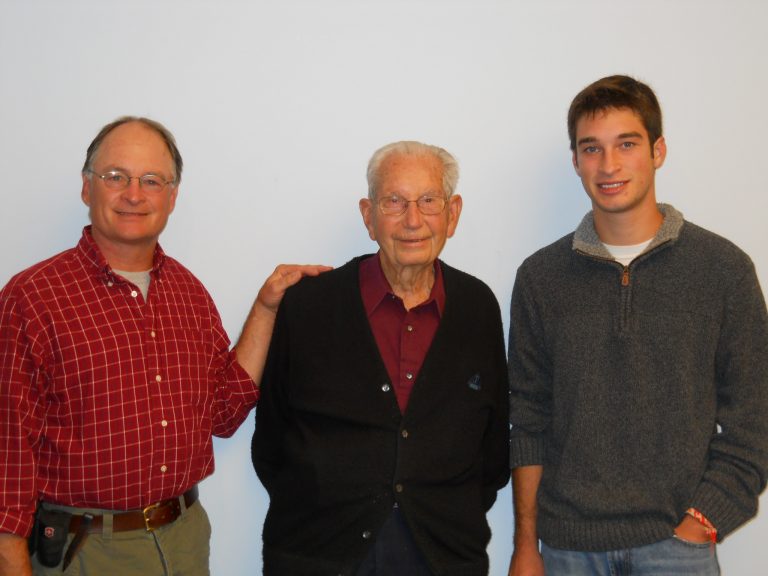

Q3: How can actors reduce the risk of unpeaceful interactions on the Moon?.

Q2: How should resources and infrastructure be shared between various stakeholders?.Q1: What are the main challenges and obstacles to a legal framework for lunar resources?.The discussion group shall put forward their responses in a coordinated presentation. We shall tackle questions of ownership and coordination among stakeholders, the reduction of obstacles and hostile interactions, and what the legal framework for the use of lunar resources could look like in the next ten years. The primary aim of this discussion group is to understand the difficulties inherent in establishing legislation and policy related to Moon resources and infrastructure, while finally offering answers to some of the most critical questions on the topic. With multiple actors already preparing themselves to partake in lunar developments and exploitation, decisions relating to the legal and policy aspects of lunar construction and resource management need to be made as soon as possible.
Dr john moon village health partners how to#
With a new ‘race’ to secure resources and land for infrastructure, there still exists little legislation to guide governments and private entities on how to appropriately conduct such activities on the Moon. Subject Matter Expert: Rochelle Velho (SGAC Space Medicine and Life Sciences Project Group), Kristi Ray (Aerospace Medicine resident at UTMB/ NASA), Anthony Yuen (emergency medicine physician and space medicine researcher at Weill Cornell Medicine in New York City)Īlthough humans have not set foot on the Moon since 1972, there has been renewed interest in returning to the lunar surface over the last several years. Speaker: Ashfaq Gilkar (Lead Senior Clinical Business Analyst at Guys and St Thomas’ NHS trust) Keynote Speaker: Kris Lehnhardt (Element Scientist for Exploration Medical Capability at the NASA Johnson Space Center) Moderator: Kateřina Kobrlová, Ilaria Cinelli



 0 kommentar(er)
0 kommentar(er)
